New Chinese Premier Li Qiang has sought to reassure the country’s private sector, saying the environment for entrepreneurial businesses will improve and that equal treatment will be given to all types of companies.
Li, the former Communist Party chief of Shanghai, was installed as premier on Saturday during the annual session of China’s parliament and is tasked with reviving the world’s second-largest economy after three years of COVID curbs.
“Developing the economy is the fundamental solution for creating jobs,” Li, 63, said on Monday in the Great Hall of the People in central Beijing after the closing of the parliamentary session.
Li faces challenges including weak confidence among consumers and private industry, sluggish demand for exports and worsening relations with the United States.
A career bureaucrat in some of China’s most economically vibrant regions, Li talked up his track record with the private sector, which has been jolted by a series of sweeping regulations targeting industries, including internet platforms and private education.
“Indeed, last year there were some incorrect remarks about the development of the private economy, which worried some entrepreneurs,” Li said in his televised address, without giving details.
“Private entrepreneurs or enterprises will enjoy a better environment and broader space for development … we will create a level playing field for all kinds of market entities and we will make further efforts to support private entrepreneurs to grow and thrive.”
At the opening of the annual parliamentary session, China set a GDP growth target of around 5% percent, its lowest goal in nearly three decades, after the economy grew just 3% last year.
Achieving the target would not be easy, with China facing many difficulties this year, Li said.
Li replaces Li Keqiang, who retired after serving two five year terms during which he was seen to be increasingly sidelined as Xi tightened his grip on control of the economy.
Investors hope the new premier’s close ties with Xi enable him to push for more business-friendly policies.
At under 90 minutes, Li’s media briefing was shorter than the annual sessions held in recent years by his predecessor, which could exceed two hours.
‘Great Wall of Steel‘
Earlier on Monday, Xi said China needs security to develop and must modernise its military to make it a “Great Wall of Steel”, calling for China to step up its ability to safeguard national security and manage public security.
Xi was speaking for the first time since the National People’s Congress, China’s parliament, unanimously voted to confirm him in a precedent-breaking third term as China’s president.
“Security is the foundation for development, stability is the prerequisite for prosperity,” Xi, 69, said.
The ruling Communist Party is expected to tighten party oversight over security matters, a move that comes after Xi replaced top security officials with his trusted allies.
Xi said China will distribute the fruits of development more equitably, in an effort towards “common prosperity”, his signature policy of reducing the wealth gap by ways such as asking private firms to pitch in.
China must achieve greater self-reliance and strength in science and technology, Xi said, a call that comes as the United States blocks China’s access to chip making equipment and other cutting-edge technologies.
On Taiwan, the self-ruled island which China claims its own and a major producer of semiconductors, Xi said China must oppose pro-independence and secessionist activities and the interference of external forces.
China’s relations with the United States sank to a low after U.S. House Speaker Nancy Pelosi visited Taiwan in August 2022. China launched unprecedented military drills around Taiwan and halted military dialogue with Washington.



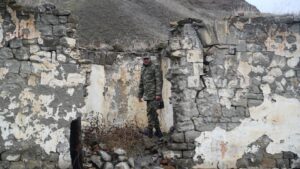


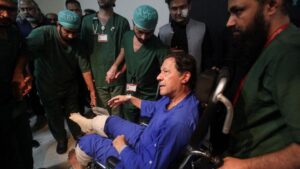
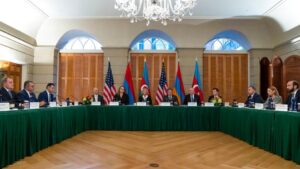



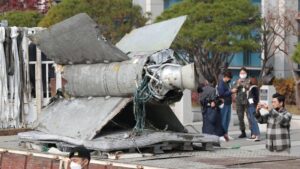







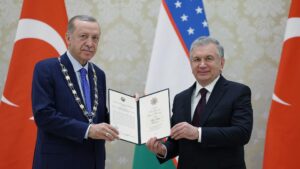


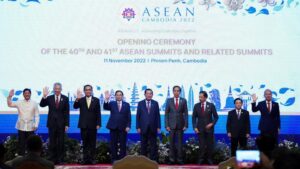



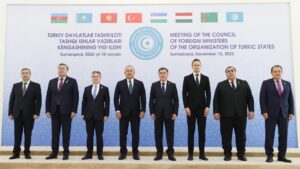
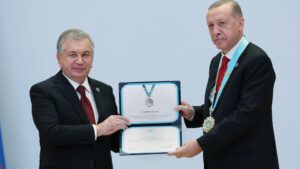



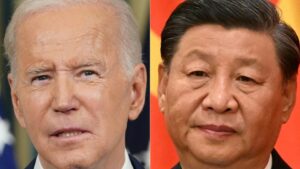
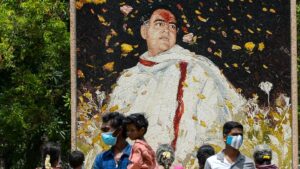


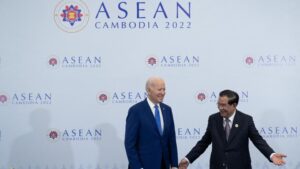
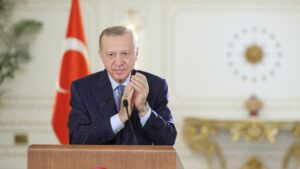

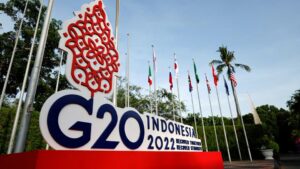
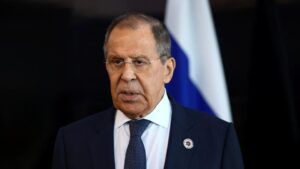


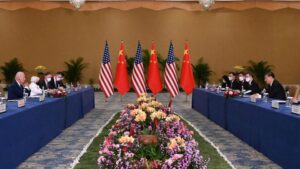
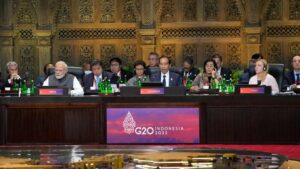


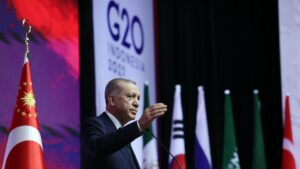



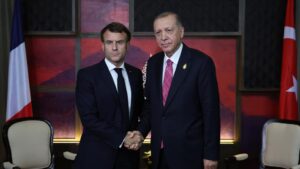

Be First to Comment